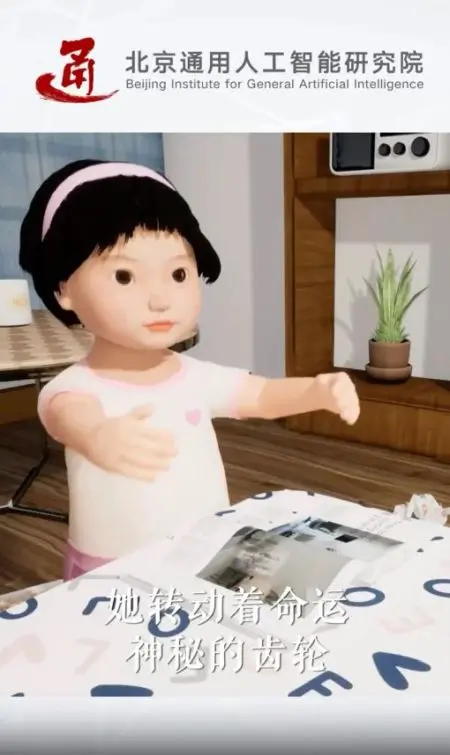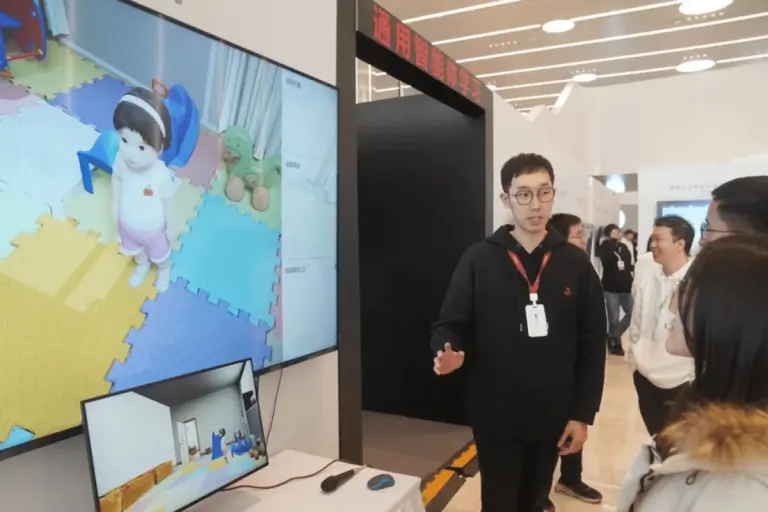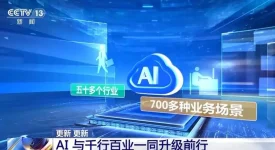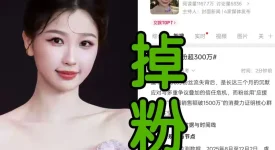Chinese scientists have unveiled an advanced development of a virtual artificial child, named Tong Tong 童童, aka “Little Girl”. The creation, developed by the Beijing General Artificial Intelligence Research Institute (BIGAI), was showcased on January 28-29 during the Beijing General Artificial Intelligence Technology Frontier Exhibition.
According to BIGAI, Tong Tong imitates a mind and strives to process the common sense imparted by humans. She supposedly calculates right from wrong, expresses her attitudes in various situations, and possesses the power to uniquely influence situations. Her behaviour and abilities imitate those of three- or four-year-old children, and she continuously alters her abilities, information, and values through exploration and interpersonal interactions.
Visitors at the exhibition had the unique opportunity to interact with Tong Tong, who surpasses some of the capabilities of traditional large-scale language models. In fact, she can sometimes independently assign tasks to herself, demonstrate abilities to explore her environment, tidy up rooms, and even clean up spills, all without direct human intervention. She possesses the ability to imitate emotions, intelligence, and advance autonomously.
Director of BIGAI and world-renowned artificial intelligence scholar, Dr. Zhu Songchun, emphasized the importance of developing AI entities with human-like physical and social common sense. These entities should not only be able to perform a wide range of tasks but also autonomously define new tasks to advance towards general artificial intelligence. Dr. Zhu, who lived in the United States for 28 years, resigned from his position as a professor at the University of California, Los Angeles in 2020 to establish BIGAI in China.

At the exhibition, Dr. Zhu’s team also showcased the Tong Test, an artificial intelligence testing platform published by the Chinese Academy of Engineering (CAE) in the journal “Engineering” in August of the previous year. Traditional AI tests have limitations, such as only assessing communication levels or leading to overly specific task learning.
The Tong Test introduces a comprehensive assessment framework covering five dimensions: visual, linguistic, cognitive, motor, and learning. It also includes a value system covering everything from physiological and survival needs to emotions, social values, and even collective values. The Tong Test comprises nearly 100 specialized tasks and over 50 general tasks, providing a comprehensive testing system for the development of general artificial intelligence.
Dr. Zhu believes that for general artificial intelligence to seamlessly integrate into the human environment, it must learn and execute tasks in complex environments driven by values and understanding of causality. The Tong Test represents a new direction in AI testing, emphasizing practical abilities and values, which will guide the development of general AI to serve human society more effectively and safely.
The unveiling of Tong Tong and the launch of the Tong Test mark important milestones in the field of AI. However, questions will arise about the impact and opportunities of building humanoid artificial intelligence entities, as this will redefine the future of human civilization, determining what social justice will be achieved and what ethical dilemmas will arise.








